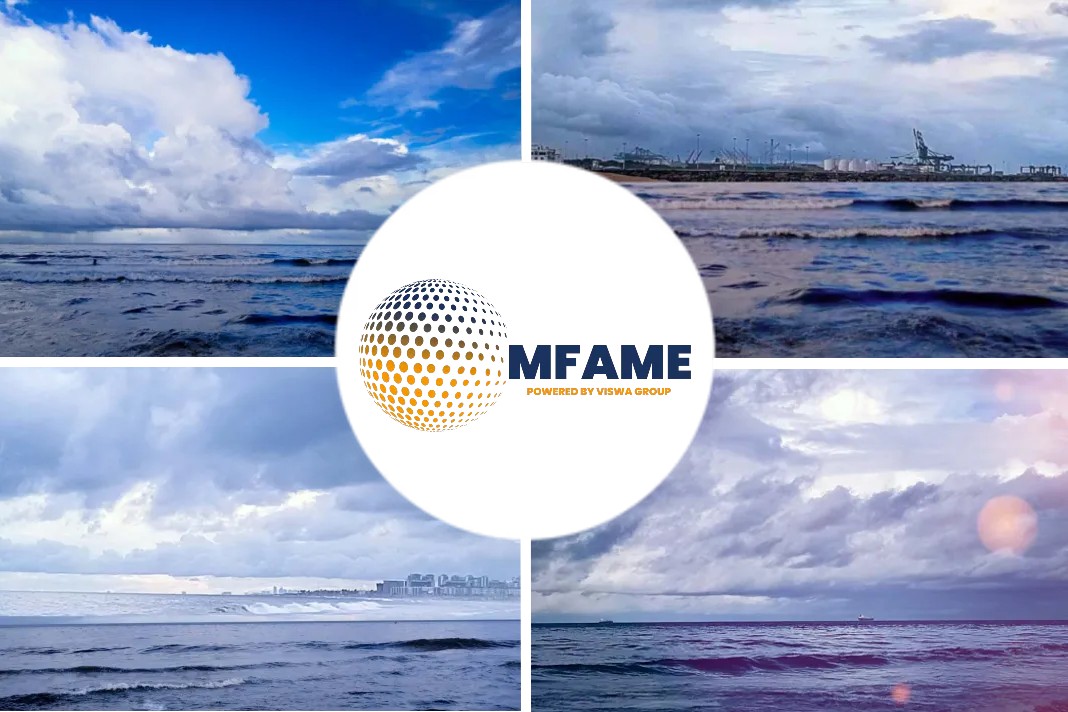Ports have traditionally been shy to confront their clients, the shipping companies. Yet, this might be about to change. It is a delicate task, but more than overdue.
Shipping companies have become very powerful actors, in particular in container shipping. Over the last decades, many lines merged and organised themselves in alliances. As such, they amassed huge bargaining power. With only a few exceptions, ports did not merge so they cannot match this power. This can be problematic, because ports have different interests to shipping companies. Both want smooth supply chains, but ports have a much broader mandate and often also a public role. National or local politicians expect ports to create jobs, attract businesses and reduce nuisance, such as air pollution or congestion.
It is not easy to be assertive, especially given the large dependence of ports on shipping companies. Shipping has flexible assets; ports have not, so ports are vulnerable to the mood swings of carriers, which can have very deep local impacts. For many container ports, falling out of grace with one the major carriers is the beginning of the end. Moreover, most ports compete, so their solidarity with other ports is limited. They have to finely balance a public and commercial mandate. Whereas the public mandate might require co-operation between ports, ports’ commercial instincts often prevail, derailing any joint stand or action.
The reason why this might soon change is that ports have something that carriers want: the potential to save costs. Shipping earns money at sea and loses money in ports. Carriers have heavily invested in more efficient ships and many of them own terminals that have become increasingly productive over the last decades, allowing them to control their costs at sea and at quay. What is outside their control is the transition from sea to terminal, which could be considered the next frontier of cost savings for shipping. This would require a smooth co-ordination of many separate processes, so that no ship has to wait for pilots, tugboats or other service providers in the port. This is where ports can add value, as a natural node in a network of fragmented actors.
Their challenge will be to come up with information systems that make it possible for shipping companies to plan their arrival at port depending on the availability of berth space, of pilots, of tugs, without losing one minute of valuable time. Ideally this would be a system that could be used in all ports, so uniform, harmonised and simple to use. In other words, the ability of carriers to make (more) profits might depend on stronger co-ordination between ports.
Change facilitator
What might start as a platform for technical co-operation could easily expand into a lever for wider change. Various ports already “nudge” shipping companies into behaviour that is more in line with their public mandate. This takes, for example, the form of regulation and incentives for ships to be cleaner, sail slower, switch to cleaner fuels and use shore power facilities.
These measures are subject to the same fine balance referred to above: they cannot be too costly or cumbersome, as this will provoke shipping companies to switch to other ports. So, most of these measures would be more efficient if undertaken collectively by groups of ports. This would strengthen the assertiveness of ports. Several initiatives of port co-operation seem to be emerging; it would make sense if this leads to a “Port Box Club”, along the lines of the well-established Box Club of top 20 container lines.
This could help foster the self-confidence of port directors to speak out in public debates. A promising example took place the end of 2016, when the chief executive of the port of Rotterdam, Allard Castelein, came out in support for inclusion of shipping into the EU Emission Trading Scheme, as he considered that the pace of progress at the IMO with regards to shipping’s carbon emissions was not fast enough. My expectation – and hope – is that 2017 will be the year in which ports re-discover their public mandate and assert their moral obligation to express this publicly – and act on it.
Did you subscribe for our daily newsletter?
It’s Free! Click here to Subscribe!
Source: Port Strategy
















